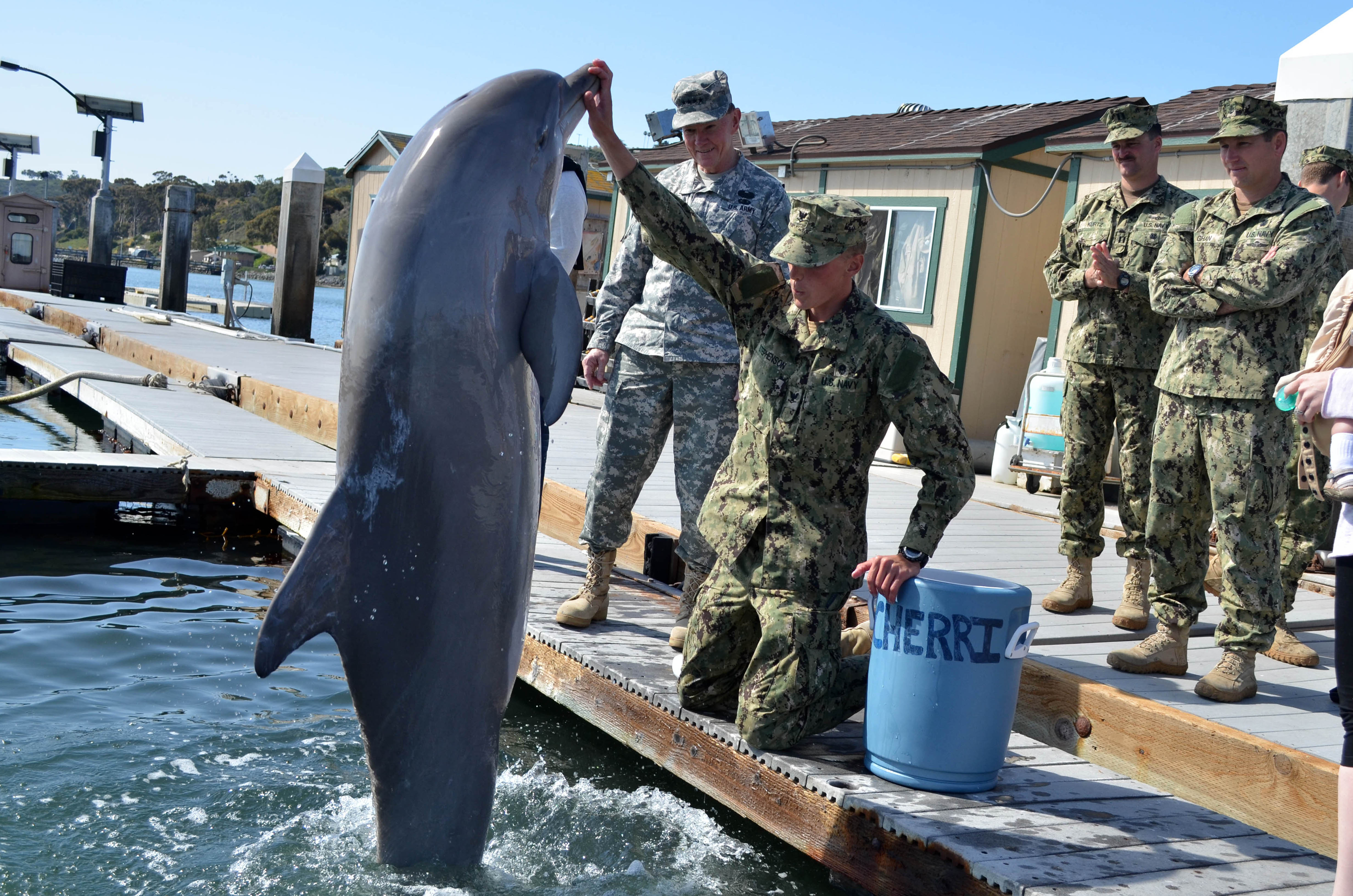The US Navy Marine Mammal Program at the Space and Naval Warfare Systems Command (SPAWAR) started in 1960, when the Navy began studying Notty, a female Pacific white-sided dolphin.
Researchers soon found that dolphins had excellent sonar. The mammals went on to guard an Army ammunition pier in Vietnam’s Cam Ranh Bay, providing surveillance to thwart enemy swimmers, in 1970 and 1971.
In 2002, SPAWAR was allocated $14 million a year through 2020. But it wasn’t until 2003 when dolphins were used to clear mines during the US invasion of Iraq.
Here’s how the Navy uses dolphins to guard nuclear arsenals and spot bad guys in the water.
The US Navy has ships deployed all over the world.

And although it has plenty of high-tech weaponry ...
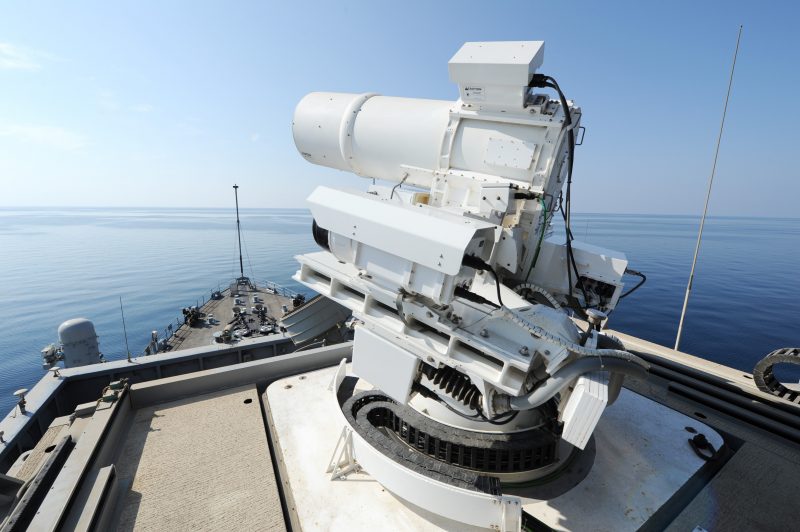
... the Navy has some weapons that are most-decidedly low-tech: dolphins.
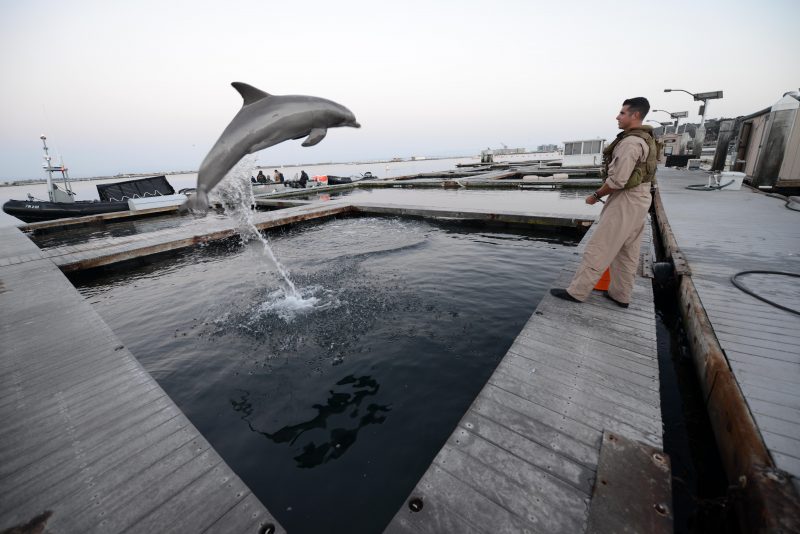
The service trains dolphins to use their sonar abilities to locate undersea mines ...
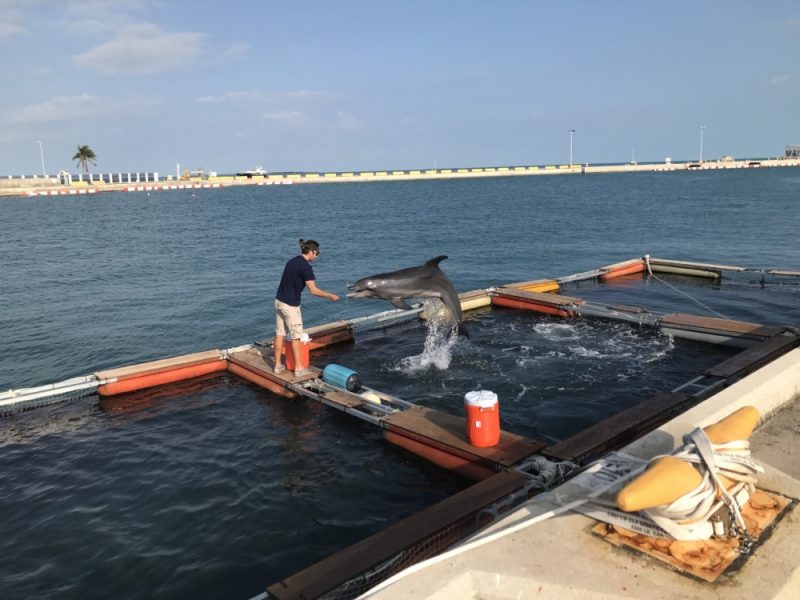
... and guard harbors against enemy divers.

And Flipper is surprisingly good at his job.
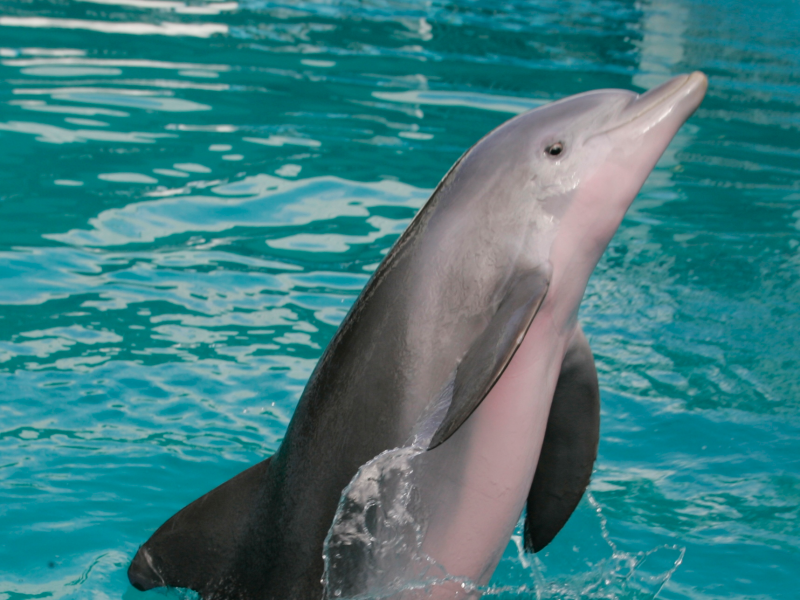
In 1987, when the US got involved in the Iran-Iraq war to protect Kuwaiti oil exports, dolphins were deployed to protect the Third Fleet flagship anchored off Bahrain.
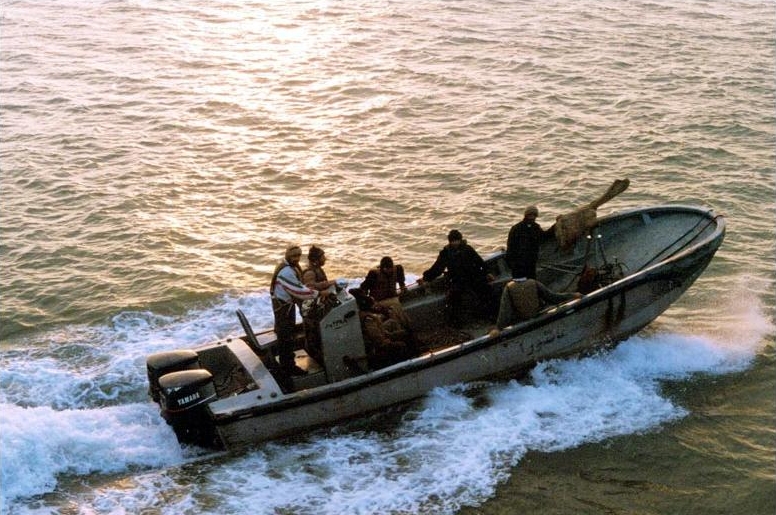
The Navy's dolphin force was also on hand helping to clear the waters in the Persian Gulf ahead of the 2003 invasion of Iraq.

Ditto in 2012, when dolphins were used in the Strait of Hormuz to spot Iranian mines planted in an attempt to block oil shipments.
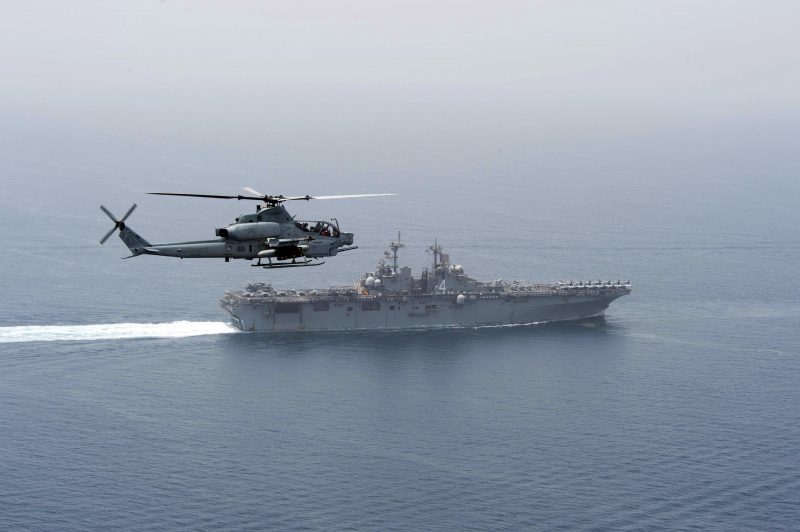
When the dolphins find something of interest, they swim back to their trainers to get a transponder so the mine or enemy diver can be found by a human.
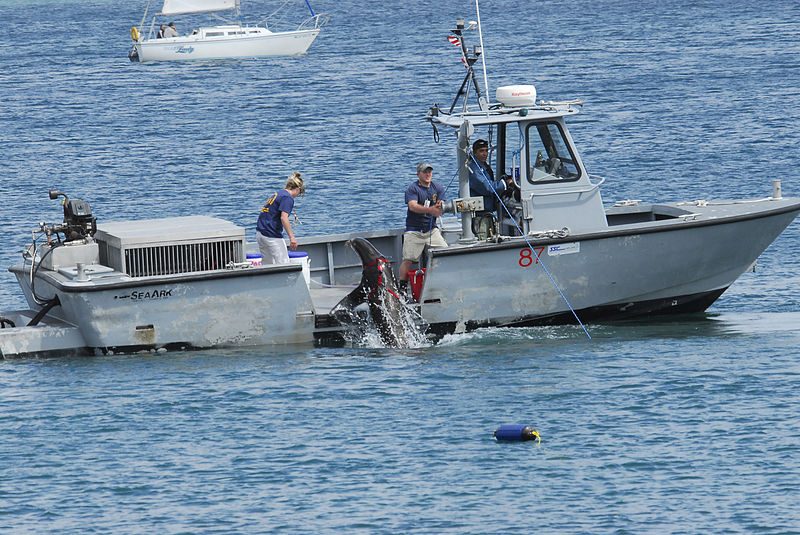
Some rumors abound that dolphins have been trained to kill enemy divers with compressed gas needles, but the Navy adamantly denies this.
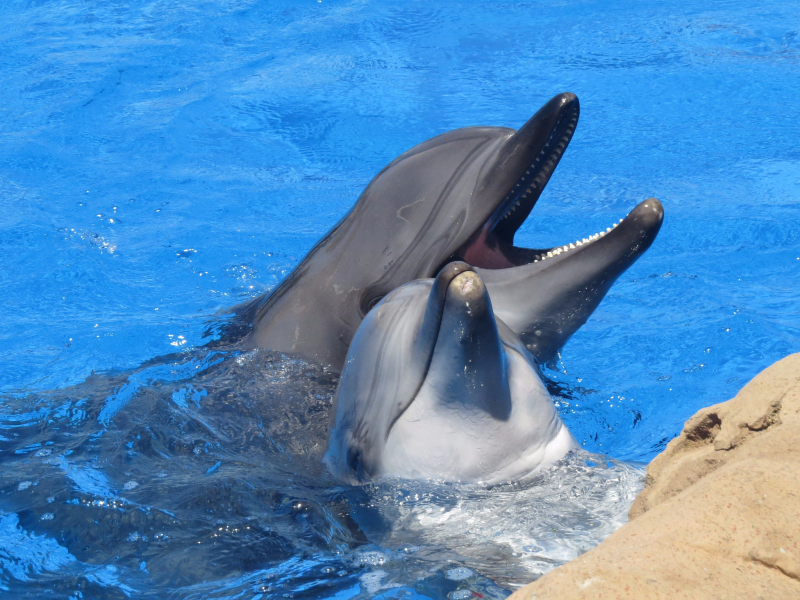
Source: Business Insider
A former Navy officer turned animal activist also claims the CIA asked him to train dolphins to plant explosives on enemy ships in the 1970s, but he turned them down. Animal activists still voice their opposition to the military use of dolphins.

Source: Business Insider
Dolphins aren't just used in wartime settings. In 2009, the Navy deployed four dolphins to New Caledonia in an international humanitarian project to remove mines left over from World War II.

And they are also helping to guard one of the world's biggest nuclear arsenals at Naval Base Kitsap in Washington.
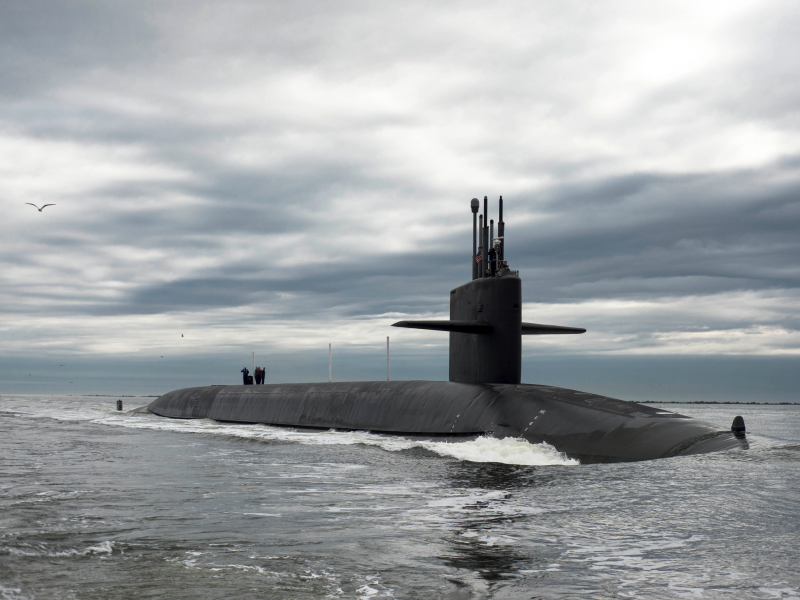
Source: Business Insider

